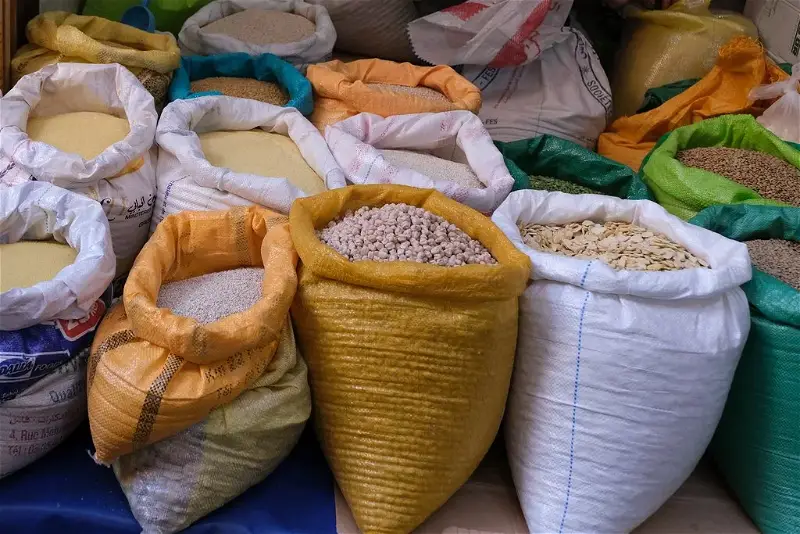
With the rising insecurity and high cost of food in the country, only about 21 per cent of Nigerian households are food secure.
This is contained in the 2021 National Food Consumption and Micronutrients Survey report launched in Abuja by the Federal government in collaboration with foreign partners and other stakeholders in the food sector.The report also shows that aside from this number, 79 per cent households are food insecure in Nigeria, while 59 per cent is moderately food insecure and another 20 per cent are severely food insecure.Presenting the preview of the report, one of the researchers, Dr. Olarinwaju Isiaka said about 41.5 percent households in the country did not have money to buy food in the past 7 days preceding the survey, whereas 4% households had very little. He explained that the report focused on women in their productive age, children from 0-59 months and girls in their adolescent years.
On the issue of hygiene, he said about 23 percent of households in Nigeria are not having toilet facilities.
Further breakdown of the report indicates that 62.9% of households in Nigeria within the period under review have access to improved water sources and another 42.6% have access to borehole water systems, while 17.40% households have access to protective well water.
On the geo-political level, it was shown that South East and South South zones had the lowest percentage of pipe borne water and highest borehole access, whereas the Western and Northern regions fare better followed by South South geo-political zones.
Speaking on the report, the Country Director of GAIN , Dr. Michael Ojo said it was worrisome “that we are not going forward in water supply from 11-1.1%, showing a decline of 10% within a period of 10 years”.He said the reason Nigeria has an issue with the food system was because every stakeholder had been working in silos without addressing the root cause of the problem. According to him, concerted efforts are needed to fix the nation’s food system, adding that what happens before and after the food system has to be put in the right perspective.



